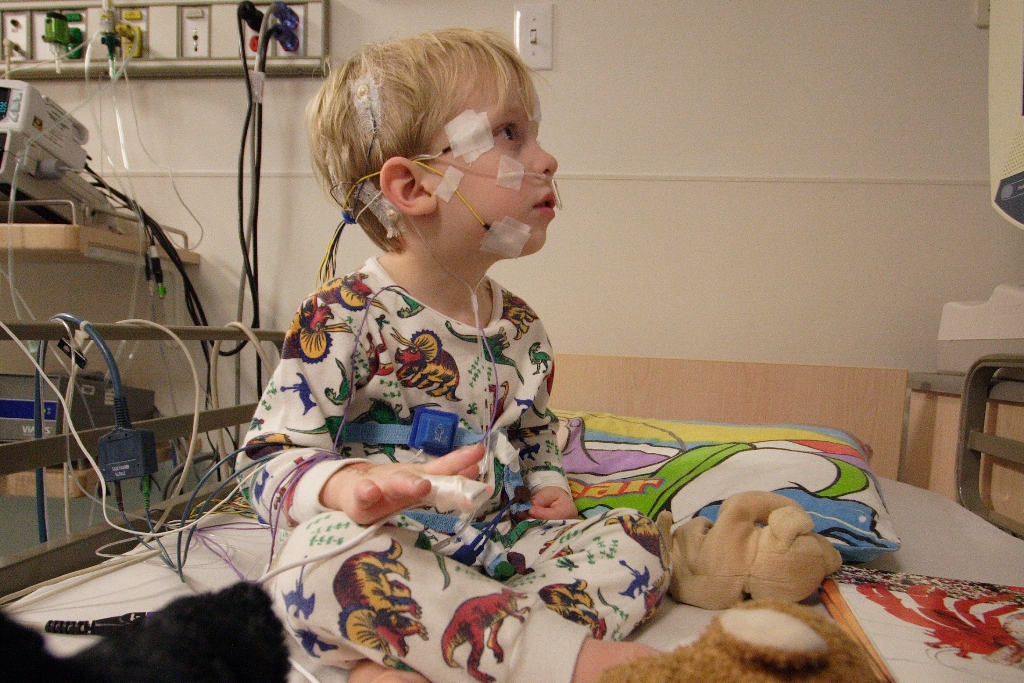Parenting a toddler 101
- Introduction to Modern Parenting
- Understanding Toddlers
- Healthy Sleep Habits
- Nutritional Needs for Toddlers
- Managing Food Picky Eaters
- Active Play and Exercise
- Positive Discipline Techniques
- Emotional Well-being and Resilience
- Fostering Social Skills
- Preparing for Preschool
- Child Safety Basics
- Basic Emergency Protocols
- Conclusion and Taking the Next Steps
Healthy Sleep Habits
Troubleshooting Sleep Problems in Toddlers

Disease of mental health that involves disruption of sleep patterns.
Sleep problems are common in toddlers and can be a source of stress for parents. This article will cover common sleep problems, strategies for managing them, and when to seek professional help.
Common Sleep Problems
Night Waking
Toddlers often wake up during the night. This can be due to various reasons such as nightmares, night terrors, or simply needing comfort. It's important to reassure your child and help them return to sleep.
Nightmares
Nightmares can be scary for toddlers. If your child wakes up from a nightmare, comfort them and reassure them that it was just a dream. Try to keep the bedtime routine calm and relaxing to prevent nightmares.
Sleepwalking
Sleepwalking is less common but can be alarming. If your child sleepwalks, ensure their safety by keeping their room free of tripping hazards and securing windows and doors.
Sleep Regression
Sleep regression is when a toddler who has been sleeping well suddenly starts waking up at night or skipping naps. This can be due to developmental milestones, changes in routine, or illness. Patience and consistency are key during these periods.
Managing Bedtime Resistance and Stalling
Toddlers often resist going to bed or stall bedtime. Establishing a consistent bedtime routine can help. Make bedtime enjoyable with stories or a favorite cuddly toy. If your child stalls, be firm but gentle. Remind them that everyone needs to sleep to grow strong and healthy.
When to Consult a Healthcare Professional
If your child's sleep problems persist for several weeks, interfere with their daytime functioning, or cause significant distress, it may be time to consult a healthcare professional. They can rule out any underlying medical conditions and provide guidance on managing sleep problems.
Gentle Sleep Training Methods
Sleep training can be a useful tool for some families. Gentle methods such as the 'fade it out' (FIO) method or 'chair method' can be effective. These methods involve gradually reducing your presence at bedtime until your child can fall asleep independently. Remember, every child is different and what works for one may not work for another.
In conclusion, while sleep problems can be challenging, they are usually a normal part of toddlerhood. With patience, consistency, and a few strategies, most sleep issues can be resolved.